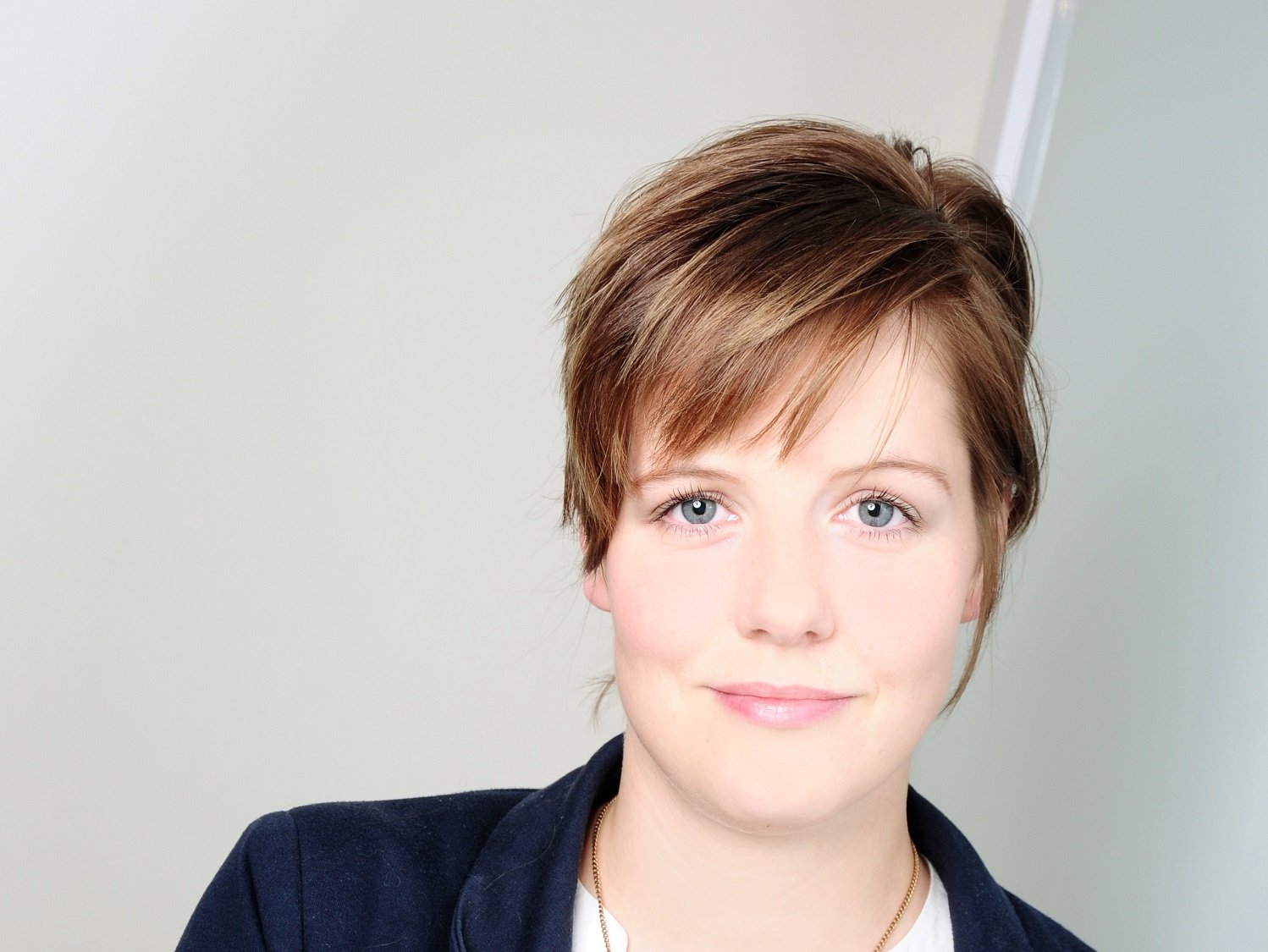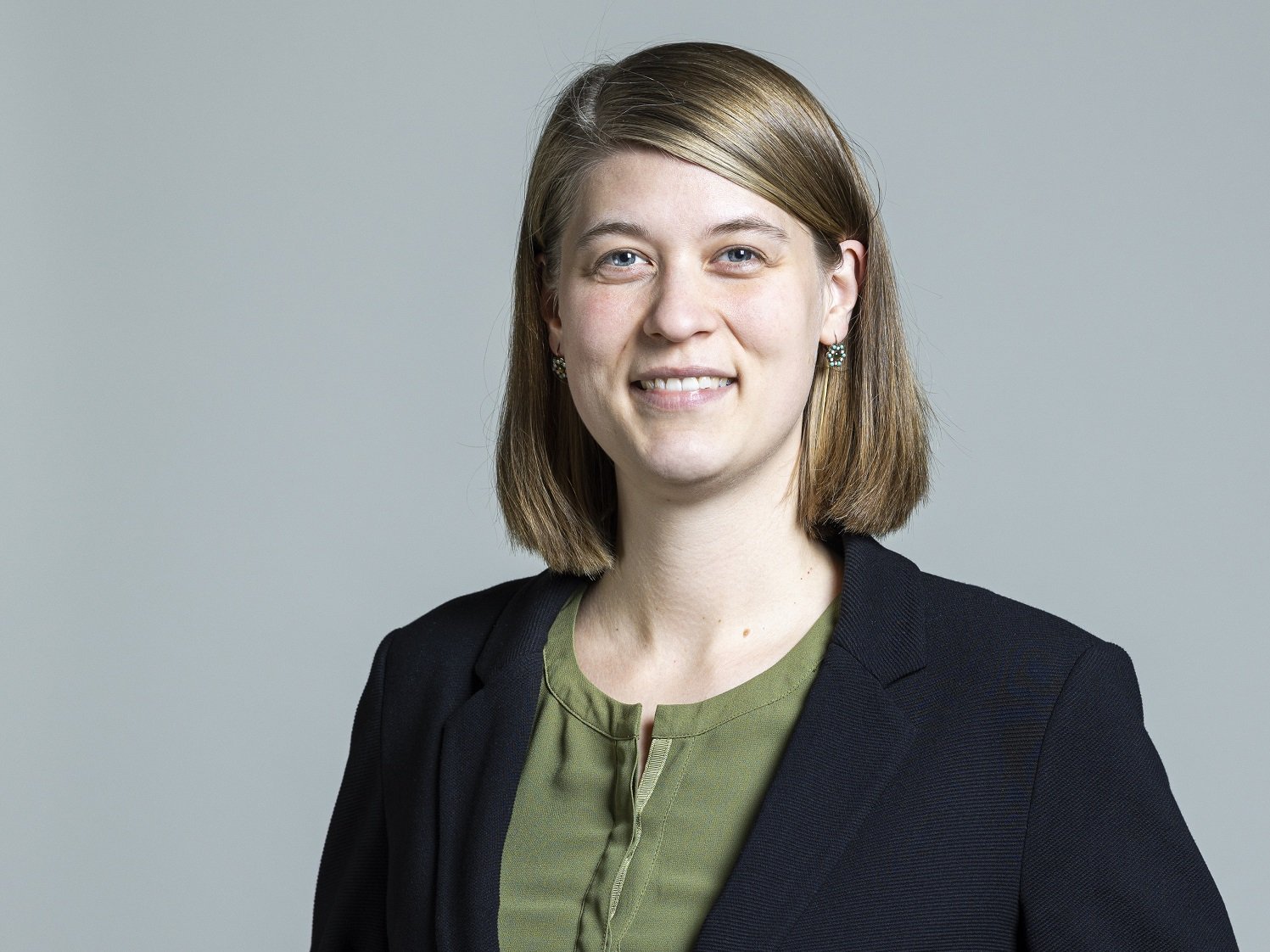+49 234 36186 9319
nora.diehl@pknrw.de
Do you have any questions about the Department or need further information? Please contact us.
The doctoral program ‘Life Sciences and Health Technologies’ is guided by the life sciences as a leading scientific discipline of the 21st century. Doctoral candidates are systematically supported on their path to obtaining a doctorate and gain comprehensive insight into the diverse fields represented by the professorial members and affiliates of the department.
The aim of the doctoral program Life Sciences and Health Technologies is to develop outstanding and independent researchers who possess in-depth knowledge of the structures and processes of living organisms or the processes involving living organisms. This also includes a deep understanding of the materials, methods, techniques, and procedures used across the full spectrum of the life sciences.
Depending on their research focus, graduates of the program acquire independent scientific expertise in areas such as:
In addition, doctoral candidates gain interdisciplinary skills, which may include, among others, the ability to communicate with non-specialist audiences, teaching and didactic skills, leadership of staff, experience in project management, collaboration in international teams, and business management knowledge.
This training enables them to independently apply their life-science expertise in everyday and industrial contexts and to assume leadership positions in industry, research, and administration.
The doctoral program is aimed at graduates from the fields of mathematics, computer science, natural sciences, technology (STEM), and engineering, who address topics and research questions relevant to the disciplines represented within the department in their doctoral projects.
Admission as a doctoral candidate is decided by the doctoral examining committee.
he doctoral program is designed for a duration of three years and is divided into a mandatory component and an elective component. Both components include subject-specific and interdisciplinary courses.
In the subject-specific courses, doctoral candidates engage deeply and critically with the research areas represented within the department.
In the interdisciplinary courses, doctoral candidates acquire comprehensive knowledge and skills in scientific topics and methods. This includes, for example, understanding good scientific practice, general methodological skills such as biostatistical methods, as well as training in leadership and communication. The program also provides opportunities for networking and discussing one’s research with the relevant academic community.
Courses are offered in German or English and are structured as regular semester courses, block courses, or online modules.
In the mandatory component, doctoral candidates are required to complete the following:
In the elective component, doctoral candidates are required to complete three different activities, which can be freely chosen from the following areas:
Science
Transfer
Teaching
Note: In individual cases, further achievements may be recognized after prior consultation with the supervisory team and the doctoral examining committee. Activities that overlap between the mandatory and elective components, such as a methods workshop, will not be recognized twice.
The department offers 3 to 4 sessions per semester in an online format. In each session, a professor from the department presents their own research.
Dates and further details can be found on the News and Events page.
Each semester, at least one colloquium is held online—if needed, over multiple days. Doctoral candidates present their dissertation projects and look forward to feedback from other PhD students and professors.
Dates can be found in the News and Events page. For further information or to register a presentation, please contact the department’s coordination.
At least once a year, the department organizes a methods workshop based on the needs of the doctoral candidates.
Current offerings can be found in the News and Events page or obtained from the department’s coordination.
The Doctoral School NRW regularly offers the mandatory workshops “Good Scientific Practice for Doctoral Researchers” and “Ethics and Responsibility in Science and Society” as part of the doctoral training program, as well as additional opportunities within its Interdisciplinary Qualification Program that support personal, academic, and professional development.
for Doctoral Students of the Department of Life Sciences and Health Technologies (.pdf)
Confirmation of Main Supervision (.docx)
Confirmation of Co-Supervision (informal) (.docx)
Confirmation of Third Supervision (informal) (.docx)
Kurzanleitung (.pdf)
Vorlage für das Protokoll über die Disputation (.pdf)
Druckerlaubnis für die Dissertation (.pdf)
Informationen zur Veröffentlichung der Dissertation (.pdf)
Bestätigung der Einreichung der Pflichtexemplare der Dissertation durch die Hochschulbibliothek (.docx)
of the Department of Life Sciences and Health Technologies of the Graduate School for Applied Research in North Rhine-Westphalia from 06.06.2023 (.pdf)
of the Graduate School for Applied Research in North Rhine-Westphalia dated 31.01.2023 in the version dated 05.05.2025 (.pdf)
Dr. Nora Diehl
Coordination of the Department of Life Sciences and Health Technologies
+49 234 36186 9319
nora.diehl@pknrw.de
Do you have any questions about the Department or need further information? Please contact us.

Lena Elisa Freitag, M.A.
Coordination of the Department of Life Sciences and Health Technologies
+49 234 36186 9228
lena.freitag@pknrw.de
Do you have any questions about the Department or need further information? Please contact us.
